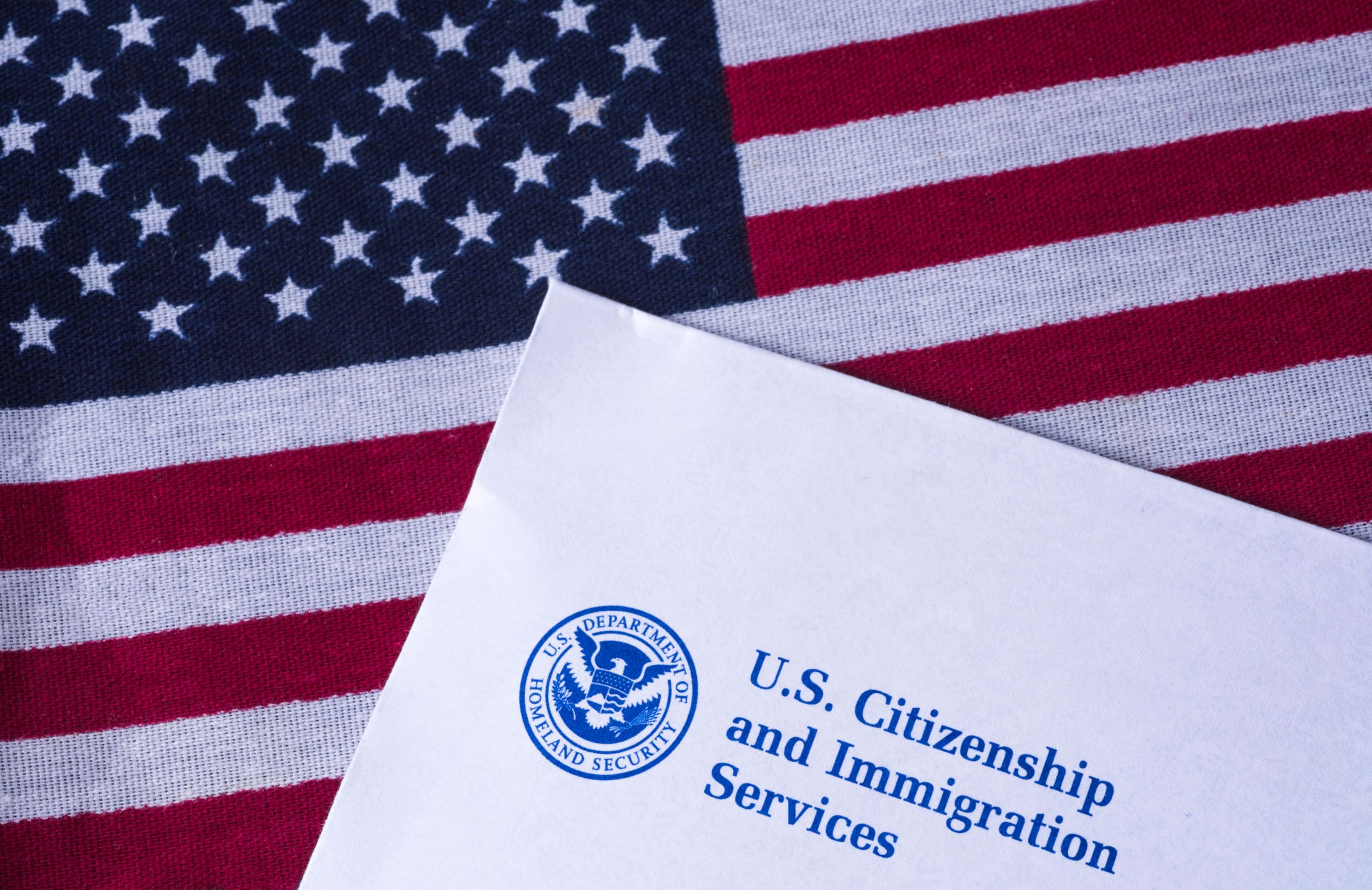Published April 20, 2021
By Richard Hanus, Esq.
U.S. immigration law is many things to many people. To the vast majority of the American public, it is what makes the loudest news in the general media. These days it’s all about what goes on at the U.S. southern border, and how things are, or are not, under control. But that story is just a tiny sliver of our nation’s overall immigration law picture.
The U.S. Citizenship and Immigration Services (US CIS) – the arm of U.S. Department of Homeland Security that processes important immigration benefits such as employment authorization documents, advance parole travel documents, green cards, and U.S. citizenship, is where most of the action is. US CIS is the one immigration agency that arguably has the greatest impact on individuals and companies seeking to comply with our nation’s immigration rules. Just last week, a new Director of US CIS was nominated, Ur Jaddou, and without question Ms. Jaddou has her work cut out for her.
First, it is undeniable that the pandemic has thrown a wrench into the efficiency of nearly every organization – whether private or public and no matter the size. But some of the challenges users of our immigration system have faced as of late – like extreme delays – have little to do with the pandemic, but instead with conscious decisions of the past Administration in terms of setting priorities and allocating resources.
Notably, the services provided by US CIS are all funded by fees individuals pay in conjunction with the filing of an immigration application or petition and have nothing to do with taxpayer monies. As stated, some of the delays users of the US immigration system face are unavoidable due to limits on the number of individuals allowed to gather in a physical location at the same time. However, when it comes to the avoidable, US CIS customers have faced life altering delays and obstacles in various contexts including:
— Delays in issuing receipts and employment authorization documents, for a wide array of applicant categories such as marriage based and H-4 dependent visa holders,
— Delays in issuing advance parole travel documents for various applicant categories, including marriage based filers,
— Delays in processing I-751 petitions to remove the conditional basis on green cards (for mainly marriage based filers),
— Near impossibility of obtaining an INFOPASS appointment at a local US CIS office, and where all kinds of applicant urgencies, such as obtaining proof of lawful status for purposes of employment, international travel or to extend a driver license, can get attention.
Numerous lawsuits have been filed to shine a light on many of these kinds of issues, and in almost all cases the litigation has led to a settlement where the U.S. government acknowledges the problem and a fix soon is put in motion.
Mind you, there will always be holes in the ship of a large organization, especially when it comes to a government operation. However, the holes that have shown up in the US CIS ship over the past few years, unfortunately have grown in number, reach and duration. While the services impacted may seem mundane to the general public, the holes discussed here have hit its users hard, with basic aspects of living, such as ability to work, drive and travel internationally, at stake. No, Ur Jaddou will have no shortage of things on her to-do list once she takes office.
PUBLISHED April 20, 2021– “IMMIGRATION LAW FORUM” Copyright © 2021, By Law Offices of Richard Hanus, Chicago, Illinois

